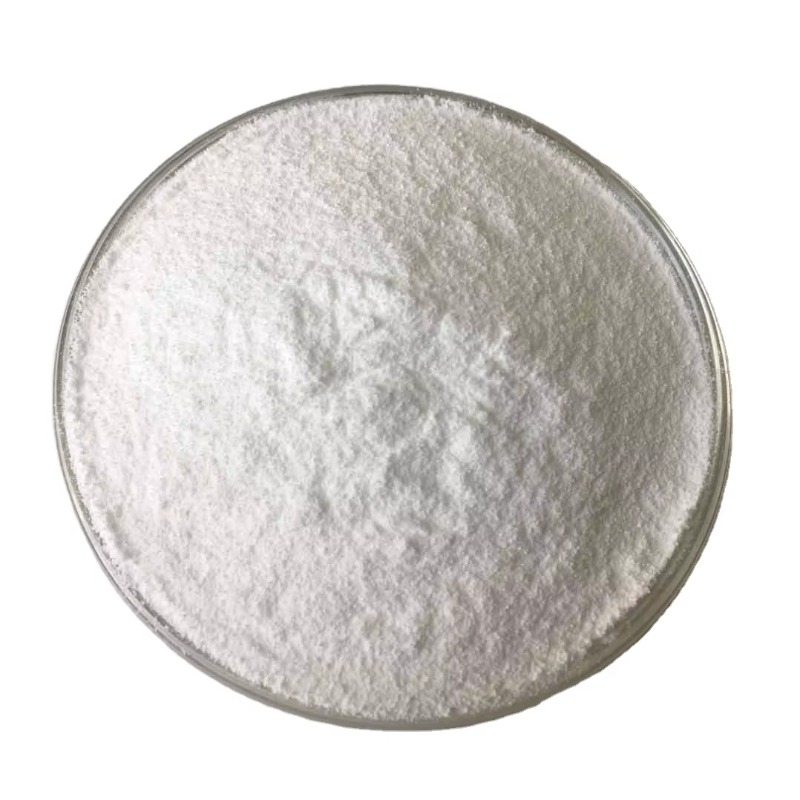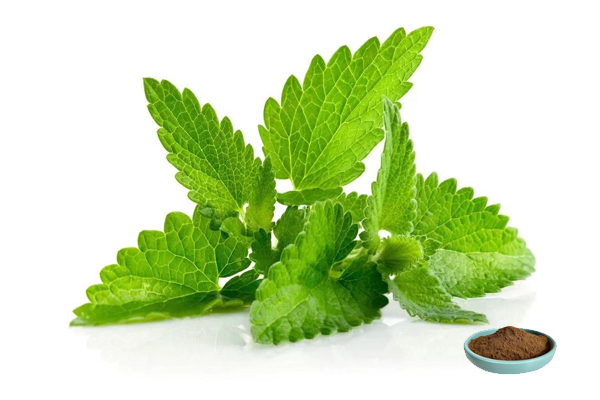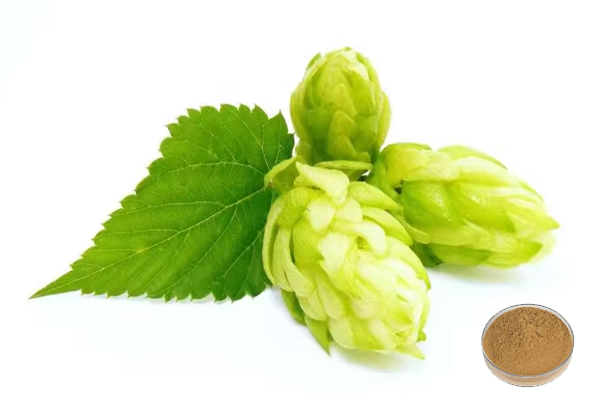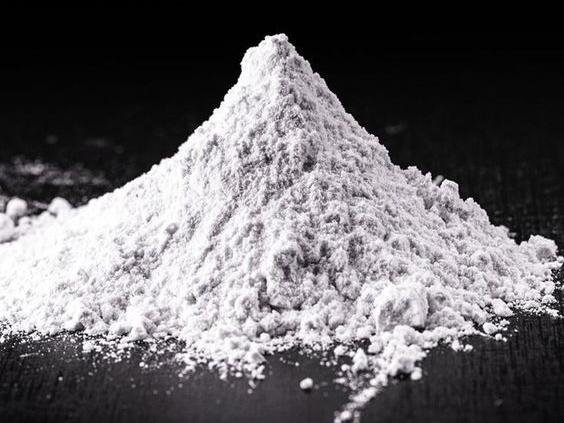Polvo de melatonina puro de grado alimenticio
CAS No.:73-31-4
La especificación :99%
Método de ensayo :HPLC
Aspecto: polvo cristalino blanco a blanco
Residuos de plaguicidas: cumplir con la norma (CE) n º 396/2005
- descripción
- Hoja de datos
- Certificado de certificado
-
¿Quées la melatonina en polvo puro?
Melatonin is a hormone secreted by the pineal gland in the human body, which regulates the function of the human nervous system and many aspects of physiological activity. Melatonin belongs to indole heterocyclic compounds, and its chemical name is N-acetyl-5-methoxytryptamine.
La melatonina es una parte importante del reloj biológico y del ciclo sueño-vigilia en el cuerpo humano, que puede ayudar a las personas a dormirse, mejorar la calidad del sueño, prevenir el envejecimiento y proteger los vasos sanguíneos. Su secreción es afectada por la luz y la oscuridad, disminuyendo durante el día cuando se expone a la luz solar, aumentando por la noche, alcanzando su pico, y luego disminuyendo gradualmente hasta la mañana, un proceso que ayuda a las personas a quedarse dormidas y permanecer dormidas.
La tecnología de Greenspring suministra polvo puro de melatonina, el cual es un polvo cristalblanco con pureza mayor al 99.5%, usualmente usado como materia prima para productos para el cuidado de la salud.
Green Spring Technology es una empresa de biotecnología líder en China, que se ha dedicado a la investigación, el desarrollo y el suministro de extractos de plantas de alta calidad, ingredientes nutracéuticos naturales, ingredientes alimentarios e ingredientes cosméticos. Organiza su producción en estricta conformidad con ISO, HACCP y otras normas de calidad. Ha pasado Halal, Kosher, COSMOS, BRC, IFS, FDA, ISO y muchas otras certificaciones.
Especificaciones:
Nombre del producto
Melatonina en polvo
CAS No.
73-31-4
Ensayo ensayo
El 99%
Método de ensayo
HPLC
apariencia
Polvo cristalino blanco a blanquecino
Residuos de plaguicidas
Cumplir con la norma (CE) n º 396/2005
Reglamento:
Se ajusta a la normativa de la UE.
¿Busca un presupuesto?Benefits:
Regulation of Circadian Rhythms
Melatonin regulates circadian rhythms, such as sleep-wake rhythms, neuroendocrine rhythms, or body temperature cycles, through its action on MT1 and MT2 receptors. Melatonin intake can lead to fatigue, sleepiness, and shortened sleep latency. Circadian rhythm disruption is associated with sleep disorders and impaired health.
For example, children with a wide range of developmental, neuropsychiatric, and health problems often exhibit melatonin deficiency. When circadian rhythms are restored, behavior, mood, development, intellectual functioning, health, and even seizure control may improve. Notably, according to several studies, circadian rhythms are important for typical (normal) neurodevelopment, and circadian deficits inhibit neurogenesis in animal models.
Anti-aging
Melatonin protects cell structure, prevents DNA damage, and reduces peroxide levels in the body by scavenging free radicals, antioxidizing, and inhibiting lipid peroxidation. A study by Russel et al. found that melatonin protects against DNA damage caused by safrole (a carcinogen that damages DNA through the release of free radicals) by up to 99% in a dose-response relationship. -response relationship.
Melatonin has a significant antagonistic effect on tissue damage caused by peroxidation and free radicals generated by exogenous toxicants. Melatonin also reduces LPO content in the brain. Its effects were essentially the same in different regions of the brain, such as the cerebral cortex, cerebellum, hippocampus, hypothalamus, and striatum, and all showed a dose-dependent relationship. However, different strains of rats such as Sprague-Dawlay and Wistar rats have different sensitivities to melatonin.
Antioxidant
Melatonin has a strong antioxidant effect that scavenges free radicals in the body and reduces damage to cells and tissues caused by oxidative stress. Free radicals are one of the most important factors contributing to cellular aging and the development of diseases. By inhibiting lipid peroxidation and protein over-oxidation, melatonin protects cellular structure and prevents DNA damage, thus slowing down the aging process. In addition, melatonin enhances cellular activity and promotes skin metabolism, helping to maintain the skin's youthful appearance.
Immunomodulation
Yann et al. studied the regulatory effect of melatonin on the immunity of H22 hepatocellular carcinoma mice and found that it could increase the CD4+CD8+ value of loaded mice, synergize with IL-2 to increase the number of peripheral blood lymphocytes and eosinophils, enhance the NK and LAK activity of splenocytes, and promote the induction of IL-2.
They also investigated the regulatory effect of melatonin on the macrophage function of H22 hepatocellular carcinoma mice and found that the killing activity of macrophages and the induction of IL-1 were significantly increased after the injection. It was found that after injection, the killing activity of macrophages and the induction of IL-1 increased significantly, indicating a selective regulation of macrophage function. Kathleen et al. (1994) found that melatonin has the function of activating human monocytes and inducing their cytotoxicity and IL-1 secretion.
Applications:
For Healthcare Products:
Melatonin's healthcare functions of regulating immune function, anti-tumor, anti-aging, etc. are showing its strong vitality, and it has great potential as a new type of health food. So far, China has included melatonin in the catalog of health food ingredients as “sleep-improving” health food. The U.S. FDA (Food and Drug Administration) believes that melatonin can be used as a common dietary supplement.
-
Get Your Free COA


 inglés
inglés francés
francés español
español ruso
ruso coreano
coreano Japonés japonés
Japonés japonés












